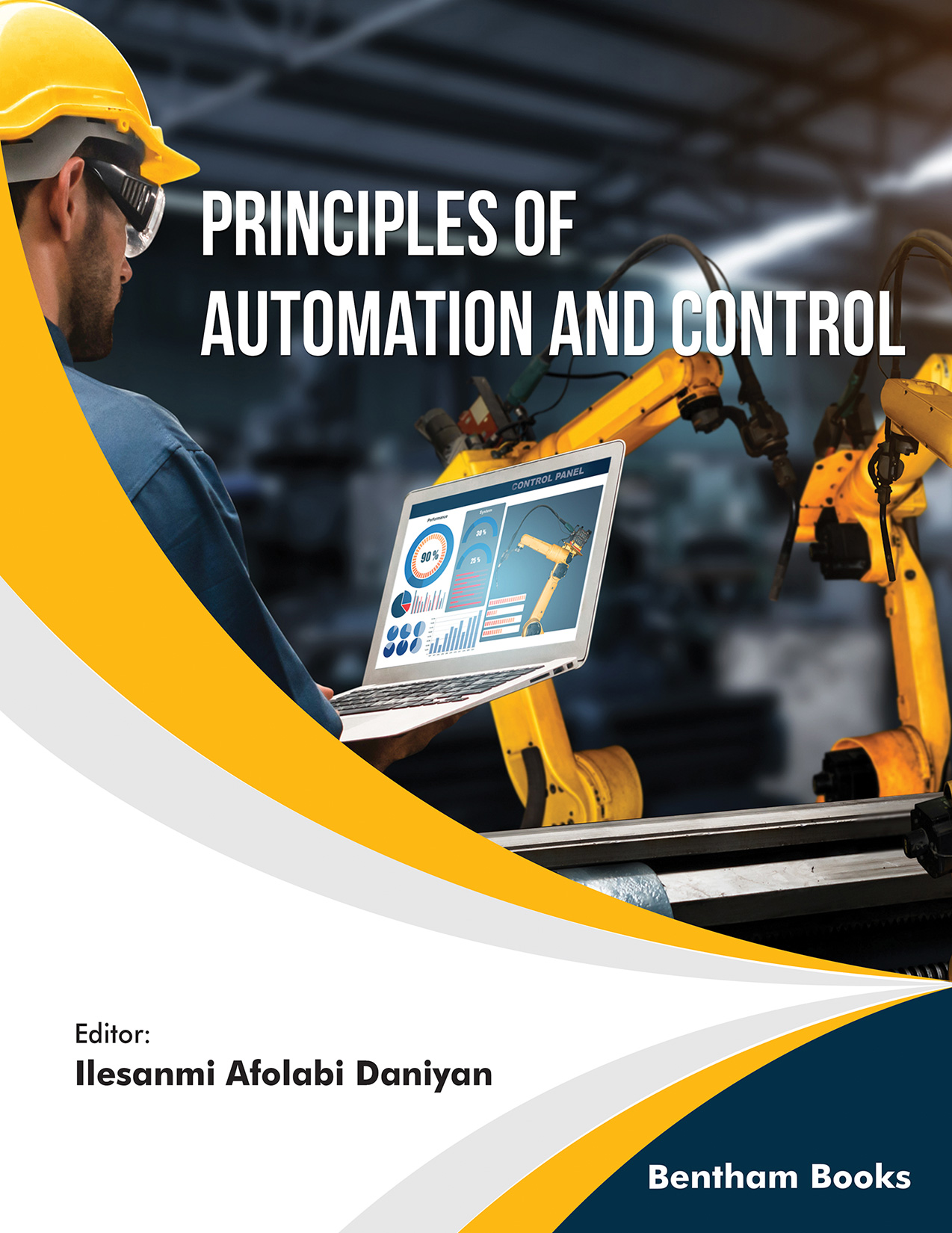Introduction
Principles of Automation and Control is a concise textbook that explains the basics of robust automation and control strategies. It demonstrates the essentials for meeting consumer needs and ensuring cost-effective manufacturing processes without compromising product quality. With a focus on Industry 4.0, this book explores the principles and applications of automation in industrial systems, emphasizing efficiency, profitability, and flexibility. The thirteen chapters cover automated processes, control theory, computer control devices, industrial automation tools, and practical examples of system automation. The text uses a multidisciplinary approach with simple language to cater to the needs of readers at all levels (learners, beginner engineers, and professionals) seeking to expand their knowledge in automation and control theory and practice. Real-world case studies and empirical findings are also highlighted, which show how automated business solutions can enhance performance.
Audience: Students, beginner-level engineers, and professionals in training

